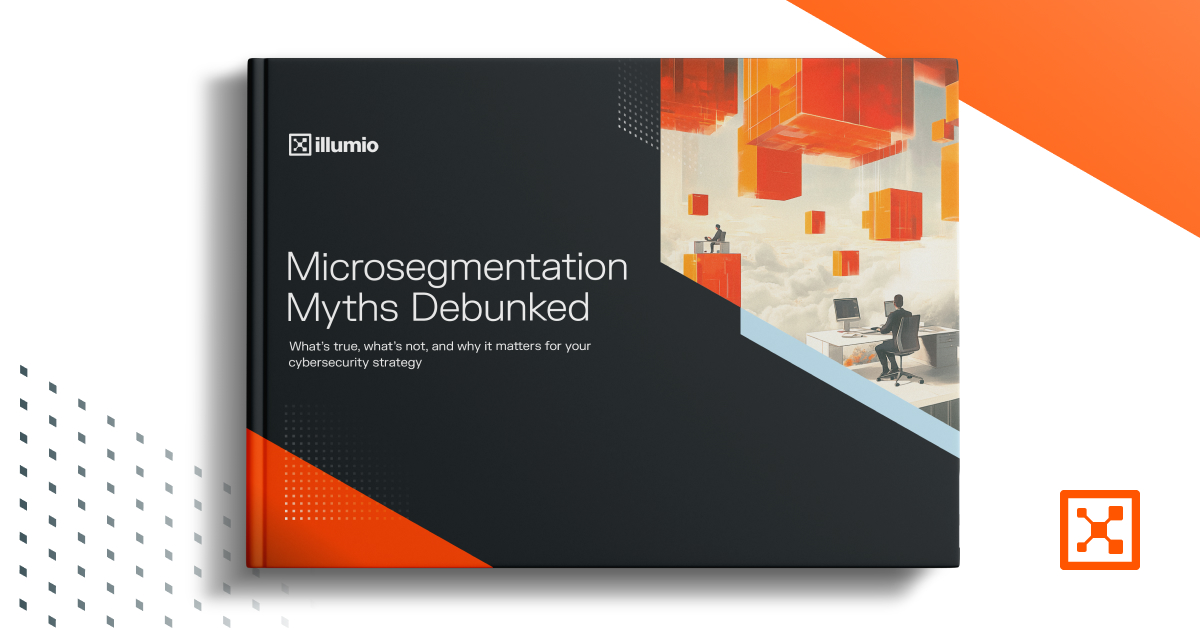Protect critical systems with breach containment that keeps the lights on
Illumio helps operators identify risks, detect threats, and contain breaches across IT and OT systems so that essential services can stay secure and online.
.avif)


Energy and utilities are prime targets for ransomware and state-sponsored attacks
Energy and utility services are among the most critical — and most targeted — industries. A successful cyberattack on energy generation, distribution, pipelines, or water systems can ripple through society, disrupting power, fuel, and water supply.
There has been a major increase in U.S. utility attacks year-over-year.
Ransomware targeting energy and other utilities jumped 80%.
The average breach cost in the industrial sector is $5.56M.
Why is cyber resilience so challenging?
Legacy systems are still running core operations in energy and utilities, but outdated software and unpatched devices create prime entry points for attackers.

IT/OT convergence helps drive efficiency and innovation. But it also poses significant security risks, potentially exposing high-value services to attacks.

Smarter grids bring sensors, meters, and devices online at the edge. But every new connection expands the attack surface.

We’re in the Post-Breach Era
Breaches aren’t a matter of if, but when. No matter how much you invest in security tools, attackers will find a way in.
Modern resilience isn’t about hoping to keep out every threat. It’s about containing them before they spread.
A Zero Trust approach limits the blast radius, stops attacks from spreading, and ensures that a breach doesn’t become a business-stopping disaster.


How Illumio strengthens cyber resilience for energy and utilities
Watch the video to see how energy and utility operators can stay resilient and keep critical services running:
• Map dependencies between critical systems
• Segment resources and contain attacks
• Mitigate risks from vulnerabilities
.svg)
Cyber resilience with Illumio
.svg)







